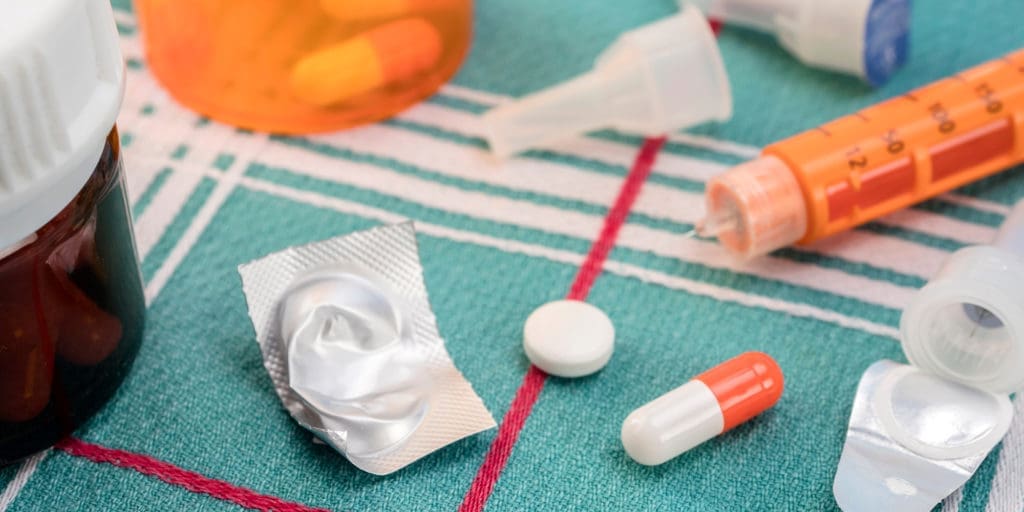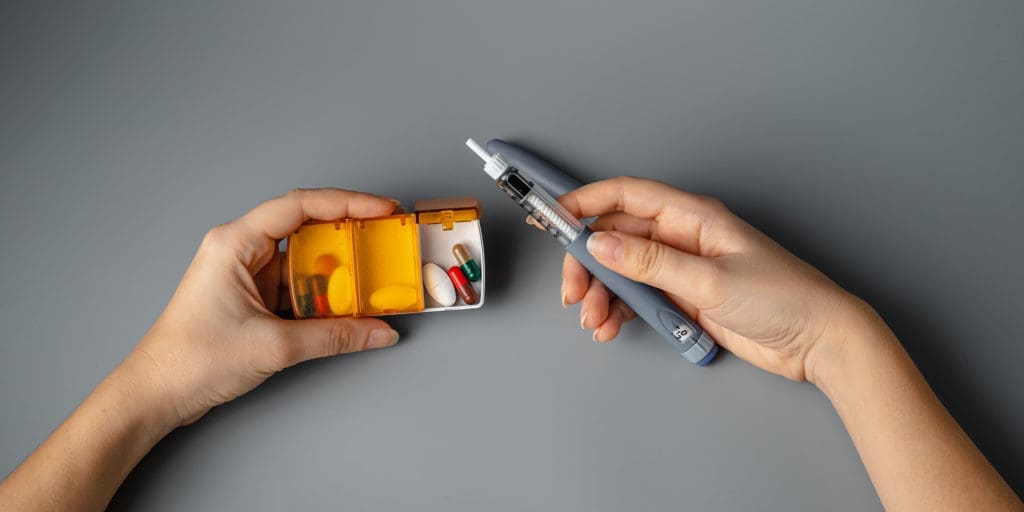In a recent study published in Chemical Science, the flagship journal of the Royal Society of Chemistry, scientists stated that they have developed a type of insulin that can be administered orally (insulin pill), without any complications with the stomach acid, a problem that has long been a hindrance in the treatment of diabetes.
The potentially groundbreaking study was published on Tuesday and includes researchers from universities all over the world, including the School of Chemistry at the University of Bristol, to the Department of Biology at the University of Tlemcen in Algeria. In a study conducted on rats, scientists were able to show that non-invasive insulin treatment may very well be on the horizon.
 As of 2020, the World Health Organization (WHO) reports that diabetes is the ninth leading cause of death globally, accounting for nearly 1.5 million deaths in 2019. Insulin is an extremely important, oftentimes vital, part of the lives of individuals with both type 1 and type 2 diabetes. While people diagnosed with type 2 diabetes may require insulin, those with type 1 need to take insulin daily to properly regulate the level of glucose in their bloodstream.
As of 2020, the World Health Organization (WHO) reports that diabetes is the ninth leading cause of death globally, accounting for nearly 1.5 million deaths in 2019. Insulin is an extremely important, oftentimes vital, part of the lives of individuals with both type 1 and type 2 diabetes. While people diagnosed with type 2 diabetes may require insulin, those with type 1 need to take insulin daily to properly regulate the level of glucose in their bloodstream.
The ability to take insulin orally could come as a welcome sign for the nearly 200 million people requiring insulin therapy worldwide, according to a study published in Diabetes Technology & Therapeutics in 2018. For many, insulin treatment can be difficult due to a fear of needles, known as trypanophobia. Trypanophobia is an extreme fear of medical procedures involving injections or hypodermic needles. A fear of needles can lead many newly diagnosed individuals to delay their treatment, with some studies suggesting nearly 30% of patients delay their insulin treatments for an average of two years.
Injection-free insulin can also be advantageous to individuals in which self-injection may not be the best course of action. For elderly individuals or those with visual impairment, self-injection of insulin can be difficult, and in some instances dangerous.
“A shift towards oral delivery of insulin has the potential to improve the uptake of insulin therapy and revolutionize diabetes care since it is a noninvasive therapeutic approach without the side effects caused by frequent subcutaneous injection.” State researchers with the Chemical Science study.
According to the study, orally delivered insulin can be capable of reaching the bloodstream after passing through the liver, much like the naturally produced insulin in individuals without diabetes. However, oral drug delivery faces numerous challenges such as dissolution (the release of the drug into the body), bioavailability (how much of a drug reaches the bloodstream), solubility (the ability of a drug to dissolve), and its stability in the gastrointestinal (GI) tract.


These nanoparticles are incredibly sturdy and can carry nearly 65% of their weight in insulin. Since particles react to sugar, the body itself can control the release of insulin into the bloodstream, preventing insulin overdosing.
While further research is still needed, the current study has only been carried out on rats, early results are promising. In the conclusion of the study, researchers stated, “The potential for this [nanoparticle] based oral insulin delivery system to replace traditional subcutaneous injections and enhance the uptake of insulin therapy amongst those in need has been demonstrated.”
New developments in the treatment of diabetes, such as an orally administered pill, could prove to be life-changing for so many across the globe. For now, an oral insulin pill is still being tested, although scientists believe they will soon change the way many treat their diabetes.
What are your thoughts on the possibility of an insulin pill?
Tell us in the comments section below!
What topics pertaining to diabetes should we cover next?
Email us at info@painresource.com with your ideas.
Are you on Facebook?




